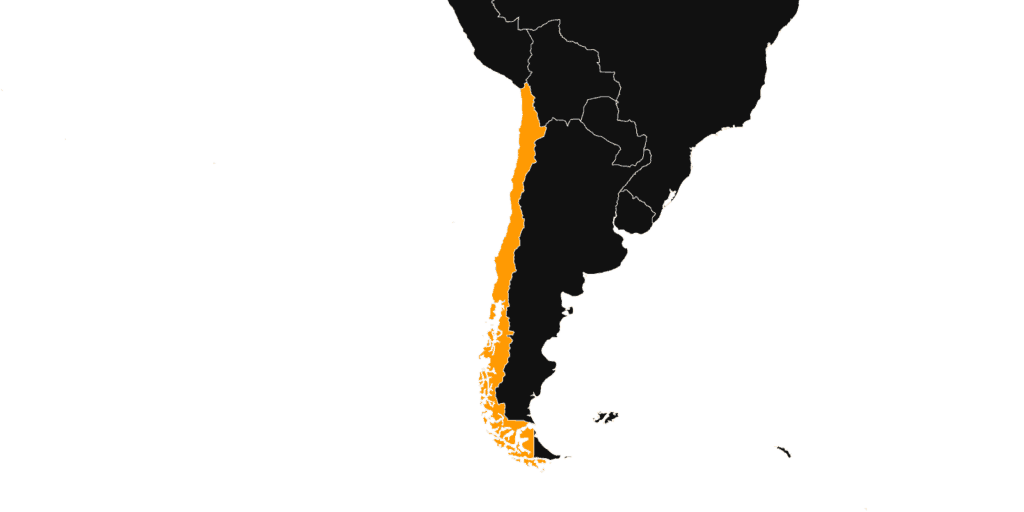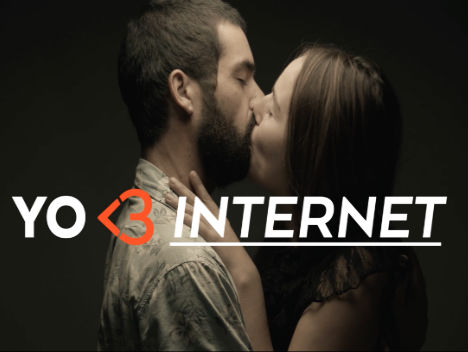

Chile planning to penalise leaks about judicial investigations
“Chile’s deputies must choose transparency by voting against these ‘gag laws’, which are clearly designed to protect private interests and to conceal information that could compromise the government,” said Emmanuel Colombié, the head of RSF’s Latin America desk.

Security and privacy: How civil society kept Santiago from being carried away by surveillance balloons
Paz Peña, Advocacy Director for Derechos Digitales tells IFEX about the ups and downs of their successful campaign to get a Chilean court to stop 24-hour, 360-degree surveillance in Santiago.

Court of Appeals bans use of surveillance balloons in two districts in Chile
The Court ruled the immediate cessation of the use of military-grade surveillance technology by two municipalities, arguing that they violate the right to individual privacy.

Military justice threatens confidentiality of sources in Chilean corruption case
Chile’s military justice system is accused of violating freedom of information by pressuring the staff of the political weekly The Clinic to reveal their sources for a series of reports about alleged corruption and embezzlement involving army officers.

Is the automatic visa for Chileans entering the U.S. a cause for celebration?
When former Foreign Minister Alfredo Moreno and former Ambassador Rodrigo Bulnes were in Washington celebrating the start of the visa waiver program for Chile, it was hailed as a great achievement for the country. However, there has been little mention of the fact that it requires Chile to provide the personal data of all its citizens.

I
Shout out your love for the Internet with the hashtag #YoAmoInternet on Twitter. Government officials and private companies in Chile must promise to strengthen a free Internet. Join Derechos Digitales’ campaign in Spanish.

Drones appear in the skies over Chile
Inhabitants of the region of La Araucanía have reported seeing objects flying over the area, while the press confirms the acquisition of “drones” by the Chilean army. What affects does this technology have on our privacy?

New media legislation needed in Chile after president vetoes digital TV law
Chile’s outgoing president has vetoed the Digital Television Act, a law that would have opened the way to modest progress in broadcasting in Chile. Reporters Without Borders says that new broadcast media legislation must be a priority for the country’s next president.

Chile’s next president must commit to media democratisation
Unlike neighbouring countries such as Argentina and Uruguay, Chile never repealed media regulation framework established under the 1973-1990 military dictatorship.

Indigenous journalist brings Chilean community radio case to UN
Supported by IFEX–ALC and AMARC, the director of Kimche Mapu Radio presented her case in Geneva to the UN Committee on the Elimination of Racial Discrimination, highlighting the difficult situation of indigenous media in Chile.

Chile urged to enact new media laws
Reporters Without Borders has submitted recommendations on Chile to the UN Human Rights Council, calling on Chile to enact new laws to create a balance between the various types of broadcasting organizations.

Case dropped in Chile against creator of Twitter parody account
In a victory for freedom of expression, a Chilean lower court in Santiago threw out a claim for “usurpation of identity” for Twitter user Rodrigo Ferrari, a blogger and lawyer who operated a parody account that lampooned a billionaire businessman.

Chilean Twitter user faces jail after US officials disclose his identity
PEN American Center is asking the Department of State and Justice Department to explain US involvement in disclosing the identity of a Chilean Twitter user who is now standing trial for tweets parodying the country’s wealthiest businessman.

Robbery at home of Chilean author investigating military dictatorship
Reporters Without Borders urges the Chilean authorities to conduct a full and rapid investigation into yesterday’s burglary of the Santiago home of Mauricio Weibel, the correspondent of the German news agency DPA and Reporters Without Borders and president of the South American Press Correspondents Union.

Pinochet era legacy still a barrier to media diversity in Chile
As Chile remembers the September 1973 coup, RSF calls on the political and administrative authorities, together with professional organizations and appropriate representatives of civil society, to promote a new legal framework for the media.

Chilean journalist denied passport over 61-year-old libel conviction
Hernán Uribe Ortega, a journalist with a history of political involvement, may be unable to travel because the Chilean authorities are citing a 61-year-old defamation conviction as grounds for refusing to renew his passport.